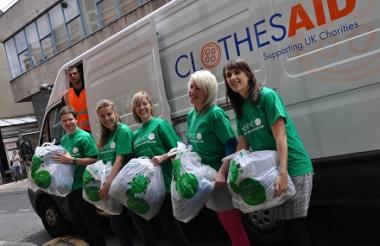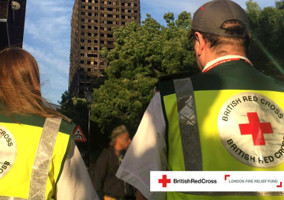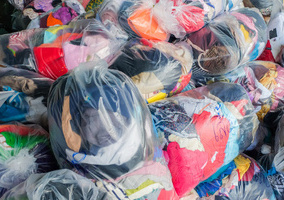A register for approved charitable door-to-door clothing collectors has been proposed, following concerns about rogue operators.
According to umbrella body the Textiles Recycling Association (TRA), an increase in the price of recycled textiles in 2017 has led to a re-emergence of fake charity collectors looking to make a profit by selling the clothes they collect.
Writing for trade publication Materials Recycling World, TRA director Alan Wheeler said a low rag price in 2014 to 2016 led to a reduction in criminal activity related to charity collections. He said it had also reduced the theft of donated clothes and the number of bogus clothing bank operators.
Wheeler said previous reviews of the problem have “got nowhere” and any further reviews would be “doomed to fail”.
Instead, Wheeler has planned to establish a register of approved charitable door-to-door clothing collectors.
He said: “In essence, applicants to the register would have to go through an independent audit procedure, the requirements of which would be decided by stakeholders from across the used clothing and charity fundraising sector.
“I have been working with colleagues at the TRA and other agencies and am hopeful that this register will be ready to launch in 2018.”
Previous complaints
In January last year, the NSPCC and Clothes Aid wrote to the Fundraising Regulator calling for an investigation into unlicensed charity bag collections following mainstream media coverage of the issue.
BBC1’s Fake Britain programme reported on six clothing banks in Harlow, Essex, with the branding ‘Kids Go Green’. This is not a registered charity and has no contact details.
In a response at the time, a spokesman for the Fundraising Regulator told Civil Society News that the watchdog was “aware of the issues around charity bag fundraising” but said “a number of the points” raised by Clothes Aid and the NSPCC are a matter for the police and local authorities.
Related articles












